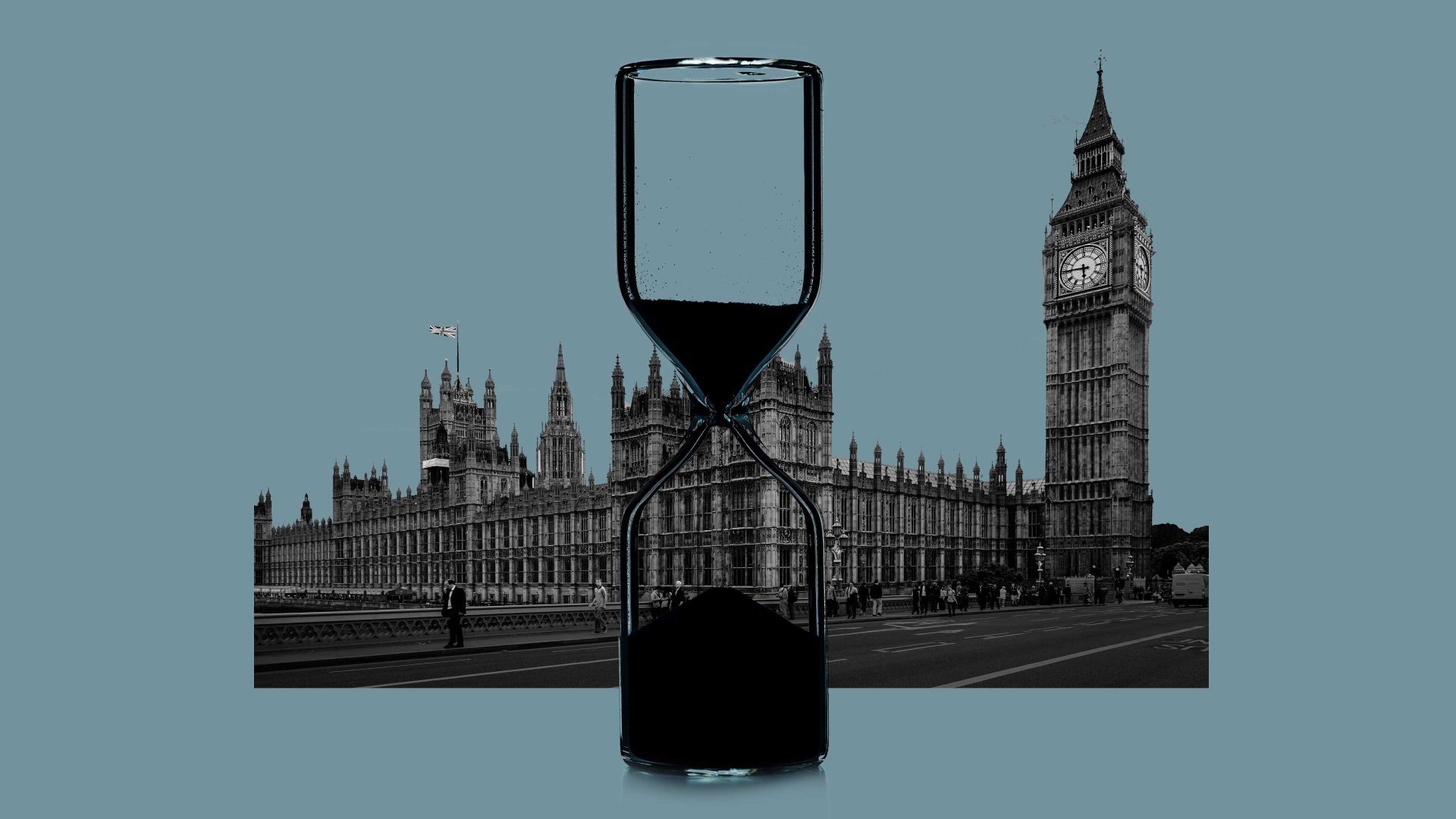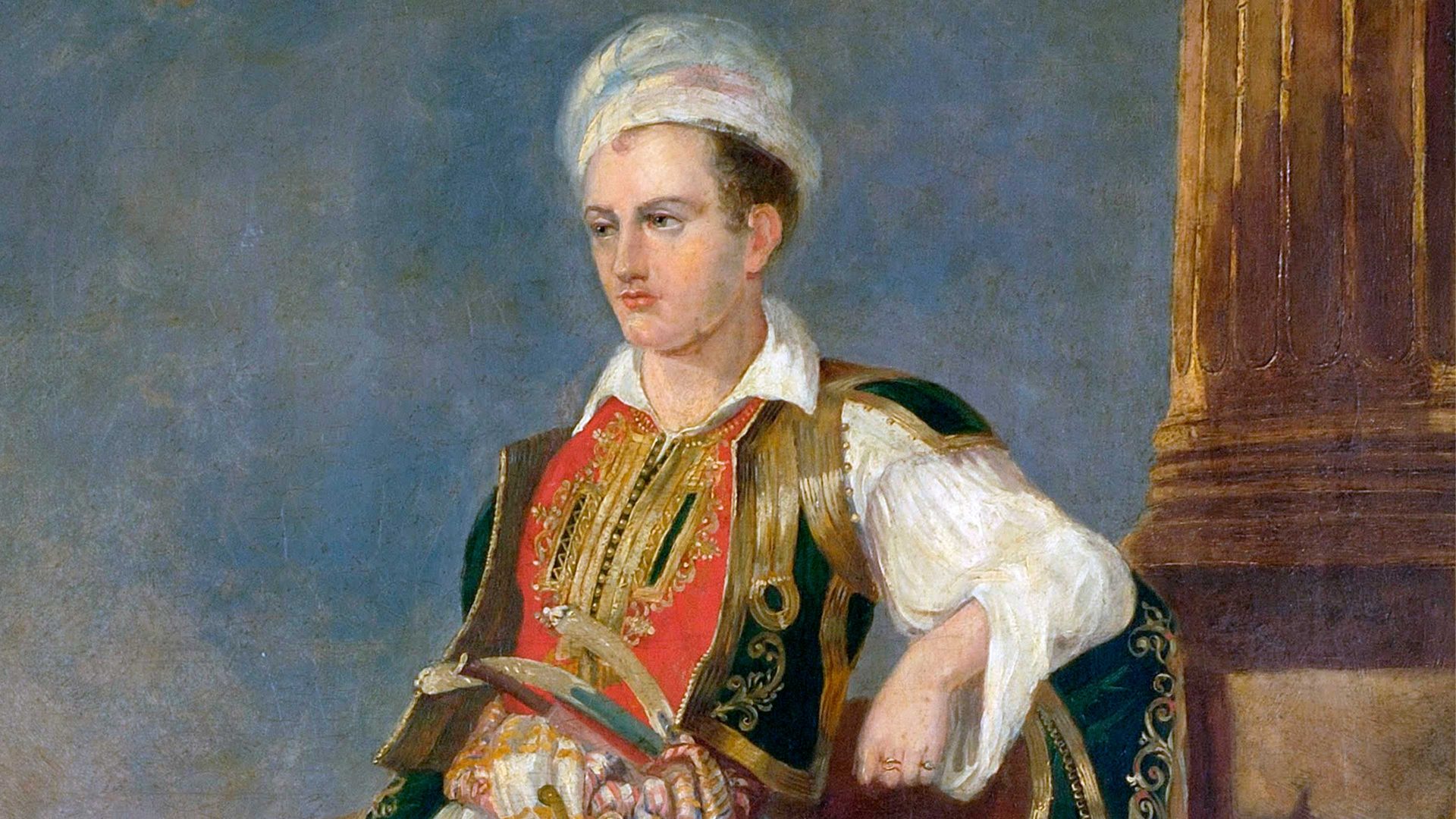“Ask not what your country can do for you – ask what you can do for your country,” demanded John F Kennedy in his inaugural address as president of the United States. Joe Biden recycled another line from that speech when he said last week that “the best way forward is to pass the torch to a new generation”.
But Biden is no JFK. The 81-year-old made it clear that actually he thought the least his country could do for him was to grant him another term in office and he was mightily unhappy about doing what he was being told to do for the sake of his country, and stand aside from the election.
On the other side of the Atlantic, some other legislators have similar feelings about their own situation. Many members of the House of Lords do not believe that their age should be the determinant of when they must depart from the red benches, yet the Labour Party came to power with a manifesto that promised just that.
By refusing to accept he was unfit to run again due to problems that go far beyond simply ageing, Biden could be seen to give some credibility to the idea of a mandatory retirement age. The Lords consistently demonstrates the fallacy of such a proposition.
In last week’s debates, some of the more powerful contributions came from octogenarians, and one 93-year-old gave a very informative speech on Nato. A couple still in their 20s also had interesting things to say, but without the insights that many years in the cabinet, or the Foreign Office, or the security services can confer.
It may be that Labour has realised that birthdates represent a blunt tool for trying to shave down numbers in the UK’s upper house. The measure does not feature in the only bill on Lords reform announced in the King’s Speech. This will simply dispense with the 92 peers whose entitlement to be there stems solely from their ancestry.
Though many of them are active contributors to the work of the Lords, most recognise that their position is insupportable in a modern democracy. But removing the hereditaries will not sufficiently reduce the numbers in what has become a vastly over-populated establishment, hence the mooted cull of those who hit 80.
But that would be at odds with a society that has abandoned obligatory retirement ages. The gradual pushback of the age at which state pensions are payable is an extra incentive for people to keep earning.
Discrimination on the grounds of age is also now illegal. The prospect of a gaggle of elderly peers taking the government to court shrieking about unfair discrimination may have deterred the government from pursuing that particular route.
When people of almost 100 are completing marathons, and 25-year-olds can win the Nobel Prize for physics, it should be clear that ability rather than age is what matters. In many occupations, wisdom also helps.
Some people are born with it: some would contend that Greta Thunberg, while still a schoolgirl, was a wiser person than most of those on the planet. Donald Trump, on the other hand, at 78… well, dear reader, complete the sentence.
Around the world, most elected legislatures tend not to impose age limits apart from a minimum requirement of having reached the voting age. It seems reasonable to trust the electorate to decide whether an individual is capable of representing their interests, irrespective of age.
A 22-year-old Labour member, Sam Carling, is the youngest MP in the UK. The oldest would have been Sir Bill Cash, but in July the voters sacked him. Perhaps, belatedly, they recognised that age had not brought wisdom to this arch Brexiteer!
Besides, Cash had spent 40 years as an MP and there does come a time, as JFK suggested, when fresh eyes can bring valuable new perspectives to a task. That is true in most roles and will probably be the principle that is applied in the next stage of reforming the Lords, where a term limit rather than an age limit looks possible.
The only argument then will be about what constitutes a reasonable length of service. Many peers are likely to see the answer as “many years longer than I have been here”.




